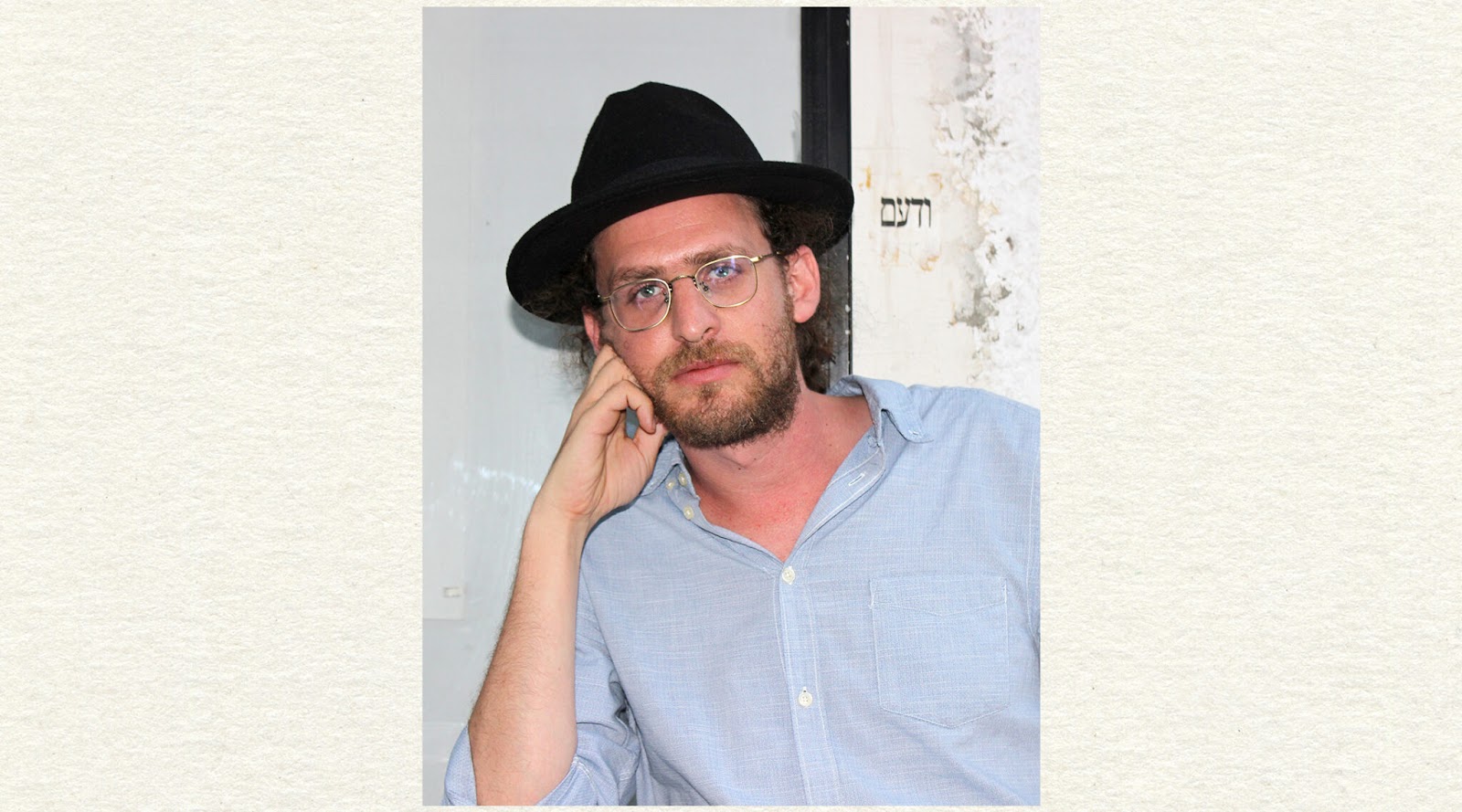Yehonatan Indursky co-wrote the international hit show “Shtisel,” one of TV’s most sensitive portrayals of haredi Orthodox life, as a secular Jew. After growing up the youngest of five in Jerusalem’s Givat Shaul neighborhood, in a haredi family, and studying in a yeshiva in Bnei Brak, he left the haredi world at age 19.
Last week, he said that he identifies as haredi once again.
“For many years, I fought the fact that I was haredi. I worked hard at being secular,” he told the Israeli publication Ynet in an interview about his life and his work. “Until suddenly I stopped.”
That kind of identity switch, from haredi to secular and then back to haredi, is very rare. Yet some would argue that through his work, Indursky never strayed too far from the haredi world of his youth.
In “Shtisel,” along with his show “Autonomies” and his debut play “Babchik” — which tells the story of a haredi restaurant owner trying to combat a deadly family curse — he has found ways to continue “live” in the haredi Jewish world.
Indursky attributes several things to the reason why he is once again wearing a black hat and growing out his peyos, or sidecurls. One of them is his relationship with his wife, Eva, an observant Jewish immigrant from France.
“I always knew that in the end, I’d fall in love with a religious person,” he told Ynet. “My father was haredi, my grandfather was haredi, and my son will also be haredi, if he wants to be.”
He also credits his parents with keeping him comfortable and close to religion, and especially his mother was diagnosed with cancer a few years ago. When he was almost 19, after he decided to leave the yeshiva that he had attended since age 16 (he later made a documentary about it titled “Ponevezh Time”), he planned to go to a shelter for formerly haredi youth.
But his parents found him at the shelter and asked him to come back to live with them in Jerusalem. They told him they would love him and accept him no matter what — they just wanted him to be close. He later discovered that his mom fasted once a week in hopes that he would return to the fold.
Indursky said he always felt like an outsider, ill at ease in the secular world — but in his haredi garb, which he only started fully donning a few months ago, he finally feels like himself again.
He now attends a synagogue affiliated with the Gur Hasidic sect and lives in the heart of Tel Aviv. Indursky said he sometimes feels pre-judged by his secular neighbors, but that he is against the Israeli government’s controversial judicial reform — which he calls an egregious offense against the status quo Israel is built on. He is also pro-women’s and LGBTQ+ rights, and he hopes one day that haredi leaders will accept homosexuality. And while he regrets not serving in the IDF, he says he is against making haredi people serve in the army.
Aside from his recent critically acclaimed play, Indursky has also been working on a “Shtisel” sequel, called “Kugel,” due to premiere in the upcoming Jewish year on the Yes network in Israel.


Culturally practice possibly a haredi,
ReplyDeleteBut ideologically basically remains secular
Perhaps a work in progress
or another tzev'uia
Caveat Emptor
In other words you have no idea where he is holding
Delete
DeleteUnless religious judaism is to be just that socio-cultural thing, the penultimate paragraph is rather clear
nebach, it seems like he is somewhat of a lost soul, may he find clarity and truth and return to Hashem. and may Hashem grant the arrival of moshiach speedily in our days amen!
ReplyDeleteHe's no different than the vast majority of Jews, whether secular or religious ; their religious self-identity is primarily due to cultural affinity, not to deep theological thoughts. Only difference is that he articulated it, while most people fool themselves otherwise.
ReplyDeleteMaybe part of his problem is that he didn't pay attention in yeshiva. If he did, he would know that homosexuality is forbidden and the Torah cannot be changed. But part of the problem may be the ways the yeshivas teach in connecting their talmidim to Hashem and the Torah.
ReplyDeleteToo bad, he should stay secular and just give the writing up.
ReplyDelete